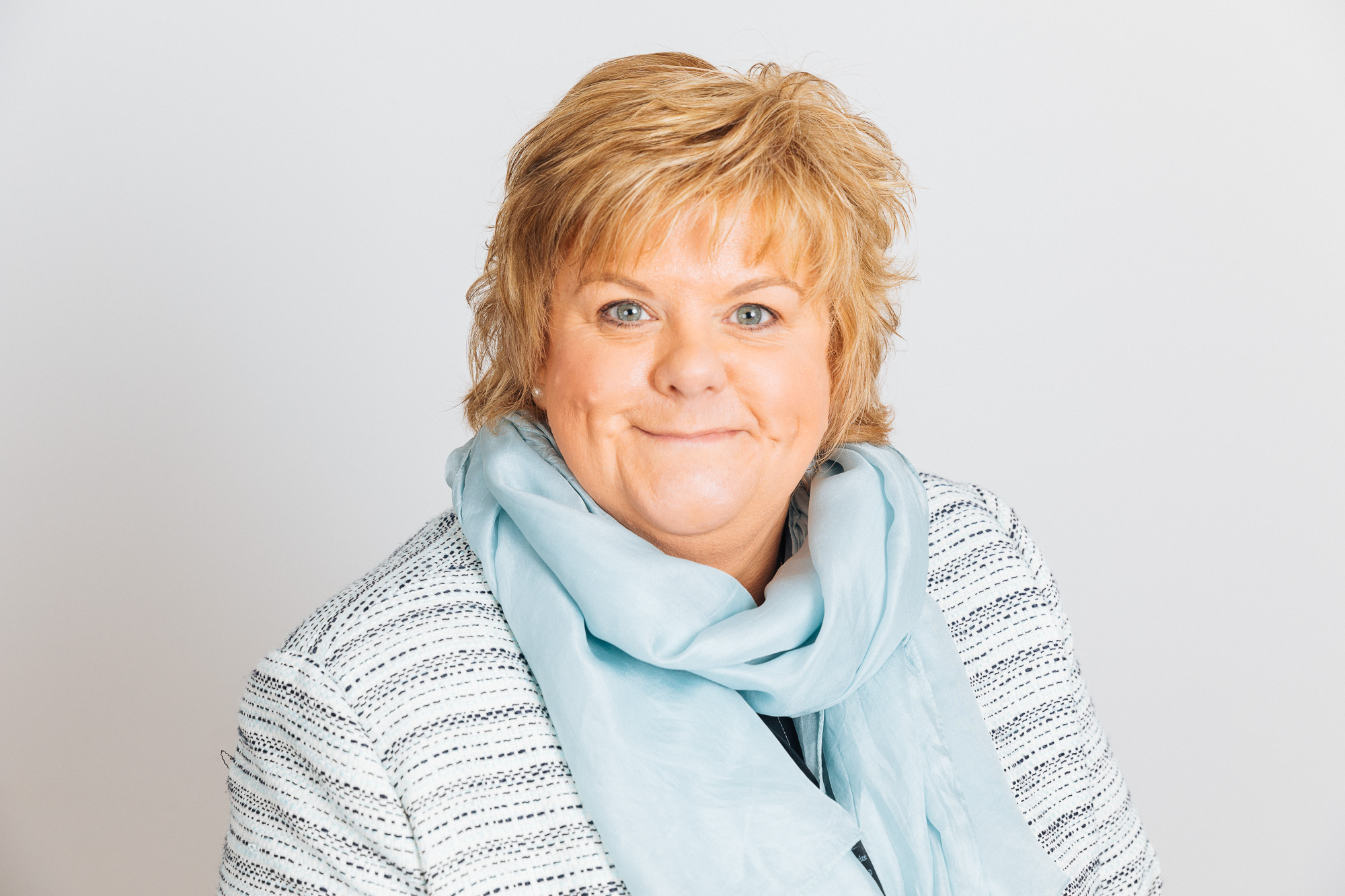Most people will have heard of the neurological condition multiple sclerosis (MS). A lot of people will know someone who’s been diagnosed. But how many people actually understand what it’s like to live with MS?
This week (Monday 24 April to Sunday 30 April) is MS Awareness Week. Individuals and organisations throughout the UK will be raising awareness of what the condition is and how it can affect people.
For the first time, the MS Society, including MS Society Scotland, has joined forces with six other MS charities – Shift.MS, MS Trust, MS-UK, Overcoming MS, MS Together and the MS Therapy Centres – to mark MS Awareness Week. This year the focus is on mental wellbeing and people are encouraged to discuss how MS makes them feel, think or act. The seven charities will provide a range of activities and support, including webinars and accessible exercise classes.
More than 15,000 people in Scotland live with MS. It damages nerves in the body and makes it harder to do everyday things, like walk, talk, eat and think. It’s relentless, painful and disabling. It’s also unpredictable and different for everyone.
This week, members of the MS community from all over Scotland have shared what they do to boost their mood or benefit their mental health. Their stories are appearing in the media and on our website.
Libba (pictured below), from Edinburgh, is a psychotherapist so understood the benefits of looking after her mental health following her MS diagnosis. She said: “It’s very important to get the message across that you don’t have to be in crisis to have counselling. I think we should view our mental wellbeing in a similar way to our six-monthly check-up at the dentist – it’s just about checking in.”
Scott, from East Dunbartonshire, also benefited from counselling, as well as antidepressants, when he was diagnosed. He told us: “Dealing with an MS diagnosis and living with the condition can be difficult. Sometimes we all need a little help. Just don’t be afraid to ask.”

Carrie, a singer from Dumfries, revealed how a health and fitness programme for disabled people helped her get back up on stage after a particularly bad MS relapse left her struggling to walk. Linda, from Fife, discussed how swimming in the chilly North Sea eases some of her MS symptoms and calms her anxiety. Craig, who lives in Falkirk, talks about the mental health impact of losing some of his independence. Helen and Anita from the Highlands discuss the mood-enhancing benefits of arts and crafts, while George and Janet from Orkney say similar about canoeing.
For many people, living with a long-term health condition like MS has a negative impact on their mental wellbeing. It’s important to talk about mental health and seek help when needed. On our social media channels we’re encouraging people to share how MS makes them think, feel and act using #MSMakesMe. The whole MS community can get involved, including people living with MS, their families, friends and carers, as well as health professionals and researchers.
We want to show that no two people’s MS is the same, and we hope to open up conversations about the reality of living with the condition. Everyone who is affected by MS is welcome to join us.
- Read our MS Awareness Week news story and watch our video here: https://www.mssociety.org.uk/what-we-do/news/ms-awareness-week-were-saying-msmakesme
- Find us on Facebook at MS Society Scotland and Twitter @mssocietyscot
Morna Simpkins is Director of Scotland for Multiple Sclerosis Society (MS Society UK)







